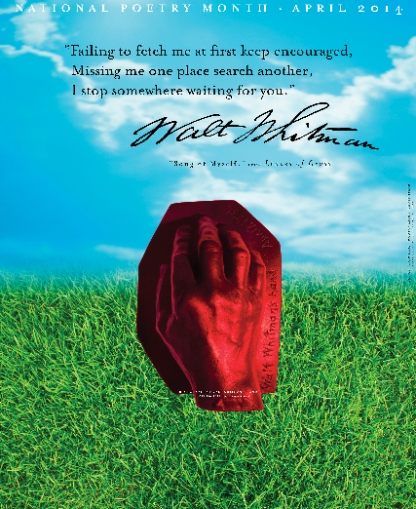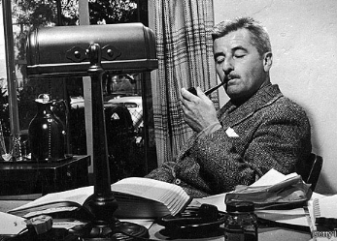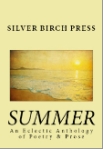“I have a one-volume Shakespeare that I have just about worn out carrying around with me.”
WILLIAM FAULKNER
Nobel Prize winning author William Faulkner (1897-1962) stated many times that William Shakespeare served as his single greatest influence. An article entitled “A Casebook on Mankind: Faulkner’s Use of Shakespeare” by Robert W. Hamblin explores the connection between the two authors. An excerpt is included below.
- Throughout his career William Faulkner acknowledged the influence of many writers upon his work — Twain, Dreiser, Anderson, Keats, Dickens, Conrad, Balzac, Bergson, and Cervantes, to name only a few — but the one writer that he consistently mentioned as a constant and continuing influence was William Shakespeare…In one of his last interviews shortly before his death in 1962, Faulkner said of all writers, ‘We yearn to be as good as Shakespeare.’
- The parallels in the lives and careers of the two writers are remarkably striking. Both were born in provincial small towns but found their eventual success in metropolitan cities, Shakespeare in London and Faulkner in New York and Hollywood…Neither received a great deal of formal education. Both started out as poets but shortly turned to other narrative forms, Faulkner to fiction and Shakespeare to drama…
- Each wrote both tragedies and comedies..A number of dominant themes and emphases are common to both writers, including the imaginative use of historical materials, the incorporation of both tragic and comic views of life, and the paradoxical tension between fate (in Faulkner’s case, determinism) and free will.”
- Moreover, both writers exhibit a fascination for experimental form and language, flouting conventional rules to create new narrative structures and delighting in neologisms, puns, and other forms of word play. Finally, both writers were acutely interested in the paradoxical relationship of life and art.”
Read the entire article at this link.









